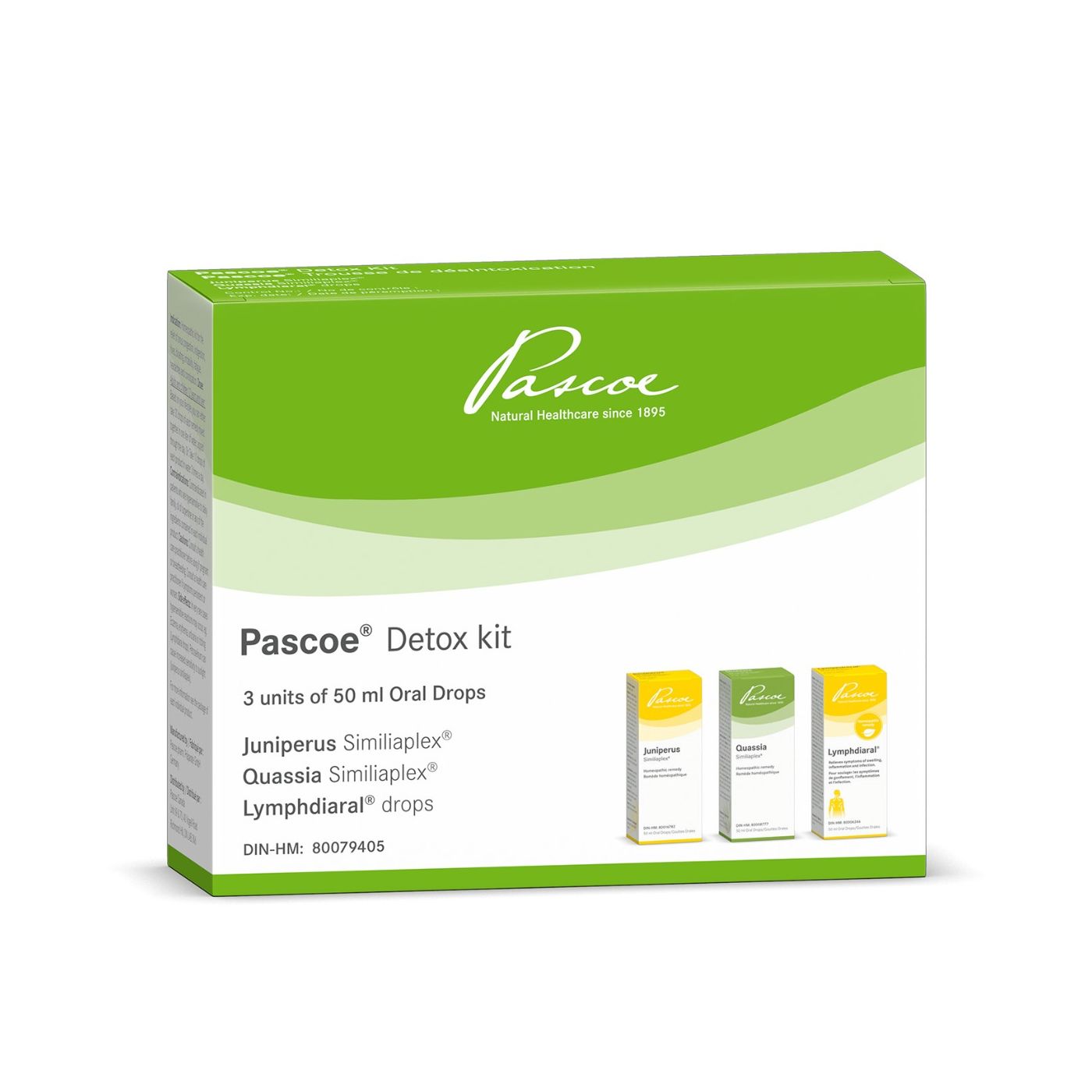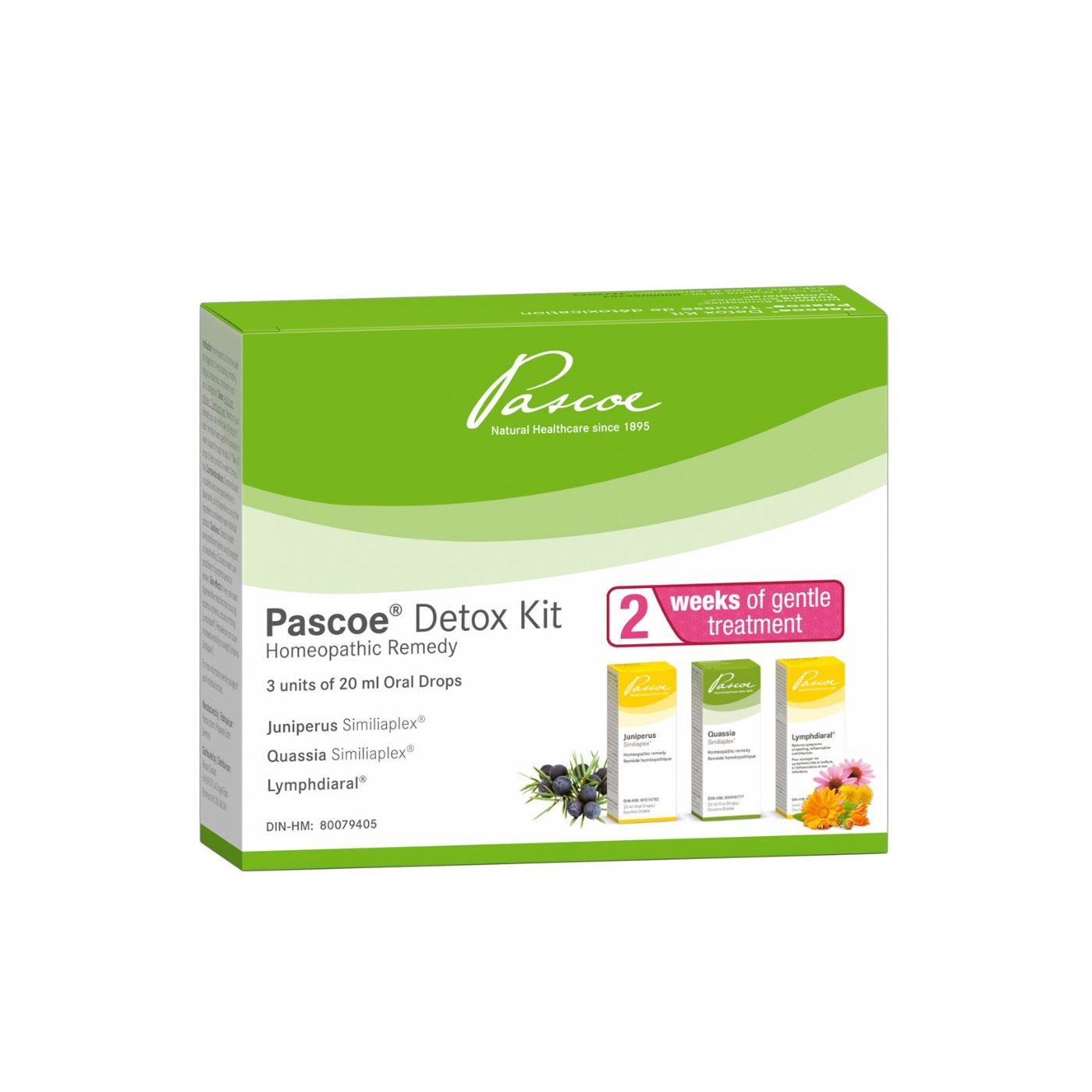What Does it Mean to Detox?
We hear about “detoxing” a lot once the holidays are over and we hit New Year’s. Whether we’re looking to clean up after a period of indulgence or lose some weight that we’ve been holding onto for a while, a detox might be tempting. But what does it really mean to detox?
While there is no scientific evidence to support the idea that our body requires additional measures to detox after the holidays, or in order to lose weight, the organs that are regularly used by our natural detoxification processes can benefit from a break.
The liver and other detox organs are working 24/7 to eliminate toxins and other harmful substances from our bodies. In most cases, they do this quite efficiently. However, if you regularly or for an extended period of time engage in unhealthy practices, such as an unbalanced diet or excessive alcohol and sugar consumption, this can have negative effects on our health. This behaviour inundates and impedes natural detoxification.
Making healthy lifestyle choices, like eating a balanced diet, exercising regularly, getting adequate hydration and sleep, all help support the body’s natural detoxification processes and contribute to our overall health. It is never a bad time to examine our habits and see how they might be impeding our body’s functioning. And how shedding some of these habits can be beneficial for our health presently and in the long run.
The Body’s Detoxification Processes
The body contains several natural detoxification pathways, including those of our kidneys, liver, and lymphatic system. How do these detoxification systems work on a daily basis? And how can we support and assist them?


How to Detox (The Lymphatic System)
The lymphatic system is a network of vessels, tissues, and organs that help maintain fluid balance in the body, remove waste and toxins from the body, and support our immune system.
The lymphatic system is made up of a network of lymphatic vessels, which carry a clear fluid called lymph. Lymph is similar to blood plasma and contains white blood cells, which help to fight infection and disease throughout the body. As lymph travels through the body, it passes through a series of filters called lymph nodes, which remove toxins and metabolic waste from the fluid.
Lymph flow does not have a pump like the circulatory system, so the movement of lymphatic fluid relies on the contraction of our muscles, changes in our body position, and the movement of our respiratory muscles. Regular physical activity, such as walking or exercising, can therefore help stimulate the flow of lymph fluid and support this natural detoxification process, clearing the body of any lymphatic congestion.
In addition to removing waste and toxins from the body, the lymph system also plays a role in absorbing fats and fat-soluble vitamins from the digestive system and transporting them to the circulatory system.
How to Detox (The Liver and Kidneys)
The kidneys are a pair of organs located in the abdomen that play a vital role in maintaining our overall health and well-being. The kidneys are responsible for filtering waste and toxins from the blood and excreting them from the body through our urine.
The kidneys filter the blood through tiny filtering units called nephrons. Each nephron consists of a glomerulus, a tiny network of blood vessels, and a tubule, a tiny tube. The glomerulus filters the blood, and the tubule helps to reabsorb water and electrolytes (such as sodium and potassium). Any waste products and excess fluids that are not needed by the body are collected in the tubule and eventually excreted from the body as urine.
The kidneys therefore also play a role in maintaining electrolyte balance and regulating our blood pressure. They filter and then control the amount of water and electrolytes that are excreted.
The Liver
The liver detoxifies the body by removing or neutralizing harmful substances. Liver detoxification requires multiple steps and processes.
First, the liver does this through the production of enzymes. These enzymes are required to break down toxins and other harmful substances to be eliminated from the body. The liver filters these substances from our blood and once broken down, excretes them through bile and urine.
What Does Doing a “Detox” Mean?
When we think about doing a detox, we might think of drinking only juice for a week or fasting. A detox is essentially defined as the process of abstaining or ridding the body of toxic or unhealthy substances. In that sense, this could be simply done by cleaning up our diets and increasing exercise. Because the body contains several of its own natural detoxification processes, additional products or therapies are not commonly required.
The goal of any detox is to improve overall health and well-being. Some people do them to lose weight, increase energy levels, or to address underlying health conditions. If you’re looking to detox, it is important to speak to a healthcare professional before starting a program.
How to Support Natural Detoxification
There are a few different ways that you can support the health and function of your lymphatic system, kidneys, and liver:
-
Eat a healthy diet. Incorporate a variety of fruits, vegetables, and whole grains into your diet.
-
Drink plenty of water. Staying hydrated is important for the proper functioning of all of your body's systems, including your lymphatic system, kidneys, and liver.
-
Exercise regularly. Regular physical activity can help stimulate these detox pathways.
-
Get enough sleep. Adequate sleep is important for resting, digesting, recovering from the day at hand, and supporting our overall health.
-
Avoid unhealthy foods and excessive alcohol consumption. These substances can be harmful to the body when taken in on a regular and excessive basis.
-
Discuss supplements with a practitioner. Some supplements can be particularly helpful for our individual health and well-being. Always consult a health care provider before adding supplements to your routine.
-
Perform a lymphatic massage. Lymphatic flow can be encouraged through the lymph vessels by applying gentle pressure and performing specific massage techniques on the skin. This type of massage involves deep breathing paired with performing specific lymphatic massage or using dry brushing techniques. You can also see a massage therapist who specializes in manual lymphatic drainage.
It is also important to note that there is no one-size-fits-all approach to detoxing. It is always a good idea to speak with a healthcare professional if you are experiencing low energy levels, sluggish digestion, brain fog, or other signs of impeded natural detoxification.
Making changes to lifestyle that are in support of your overall health are always beneficial. Think about what manageable changes you can make to your diet, exercise routine, sleep hygiene, and water consumption–and then slowly build from there!
Disclaimer
Pascoe Canada does not offer health or medical advice as we are not a healthcare practitioner. Please speak with your healthcare practitioner before beginning any program related to nutrition, diet, exercise, fitness, medical, and/or wellness. All content published by Pascoe Canada is developed through collaborating with licensed medical professionals and contributors. This includes text, graphics, images, and other material on the website, newsletter, and products (“Content”). This content is for informational purposes only and does not constitute medical advice. The content does not substitute professional medical advice, diagnosis, or treatment. Please always do your own research on whether this is for you along with your healthcare practitioner advice. Always consult your healthcare practitioner prior to using specific herbs because you might have underlying conditions that need professional care. The content is general in nature and is subject to change. It is not intended to cover all possible uses, directions, precautions, warnings, drug interactions, allergic reactions, or adverse effects.




